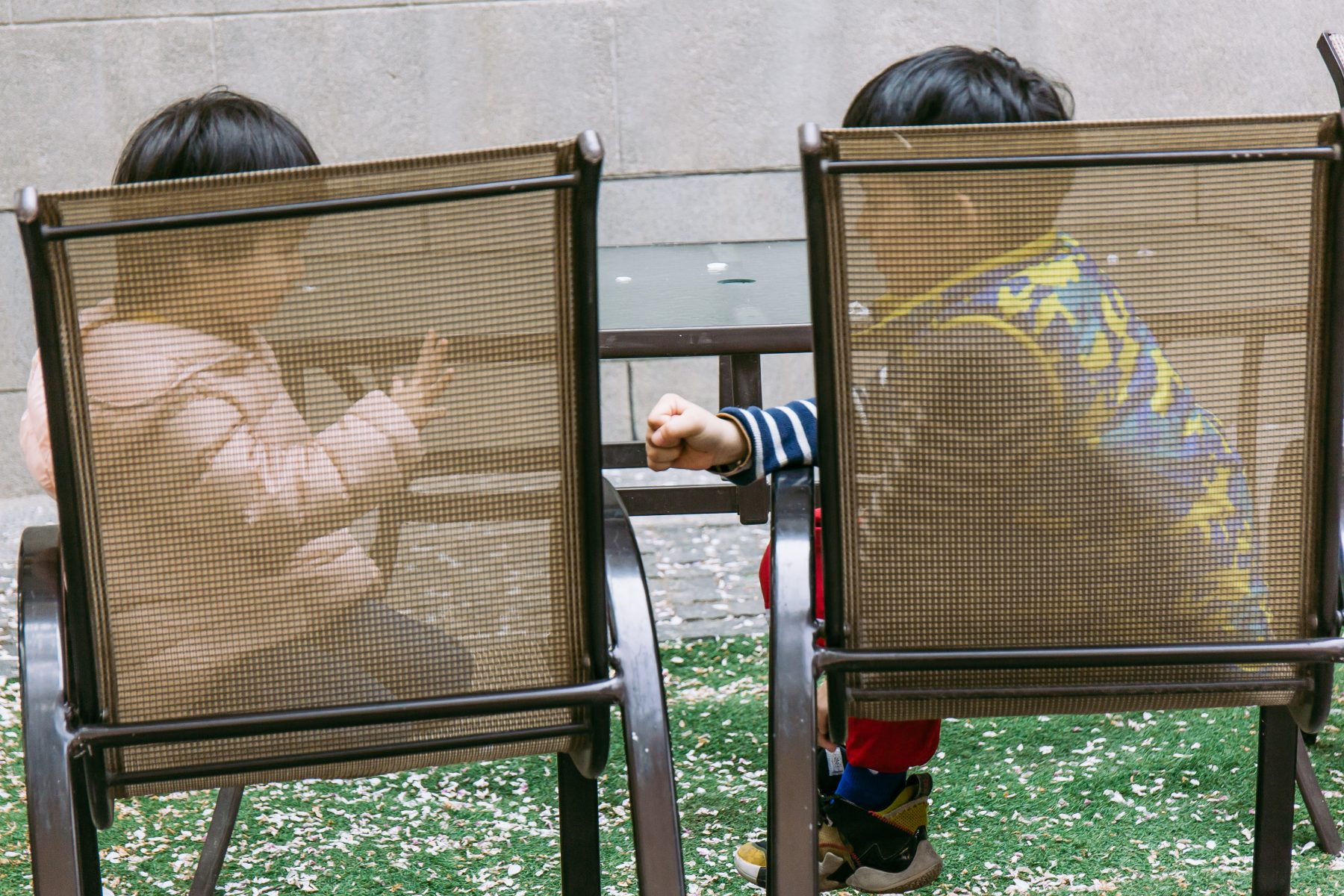Bullying isn’t addressed in early childhood because educators can’t spot it, study says

Many early childhood teachers and educators aren’t taking the steps to address bullying in their settings because they don’t have sufficient training to recognise and address it, researchers from the University of South Australia have said.
This lack of training means that not only are young children placed at risk of long-term psychological harm, but also that important opportunities to correct and reverse bullying behaviour at a young age are missed.
To reach their findings, researchers surveyed early childhood teachers, finding that many struggled to distinguish between bullying and fighting among children, pointing to a lack of explicit training about bullying in teacher education as one likely reason.
Those surveyed were presented with 20 mock scenarios and asked to identify which constituted bullying. When asked to define the three main components of bullying, namely an intent to harm, repetition, and a power imbalance, only 17 per cent of respondents were able to articulate what constituted bullying.
Most teachers recognised that bullying involves an intent to harm and repetition, but just 40 per cent identified an imbalance of power between young children as a factor.
This, researchers argue, risks bullying being treated as a simple fight between children, with both children potentially requiring discipline, making it less likely a victim of bullying would speak up.
Explicit teaching about bullying is not covered in the Australian curriculum until the fifth year of school, when children are typically nine years of age.
Speaking with The Sydney Morning Herald lead researcher Dr Lesley-Anne Ey said there is no specific direction, in terms of curriculum content, for teaching children about bullying in early childhood.
“Most teachers educate kids to be socially competent, empathetic and kind,” Dr Ey said, adding that the lack of specific education on bullying in early childhood needed to be addressed because it can affect a child’s mental health, concentration and self-esteem into adulthood.
Co-researcher Professor Marilyn Campbell, of Queensland University of Technology, told The Sydney Morning Herald that recognising bullying and non-bullying behaviours was especially difficult in early childhood, because of children’s complex social and emotional developmental processes.
“The difficulty of correctly identifying bullying behaviours in early childhood strengthens the argument for delivering professional training and support in this area to early childhood teachers,” she added.
The survey results were published in the Journal of Interpersonal Violence. To access the original coverage of this story, as produced by The Sydney Morning Herald please see here.
Popular

Quality
Practice
Provider
Research
ECEC in focus - Una Springwood’s intergenerational initiative brings young and old together through connection and care
2025-06-30 10:00:45
by Contributed Content

Provider
Practice
Quality
Research
Aboriginal Education Strategy drives early learning and school success in South Australia
2025-07-01 09:55:12
by Fiona Alston

Workforce
Policy
Quality
Research
Inclusive Practice Framework set to strengthen inclusion in early childhood settings
2025-06-24 11:37:00
by Isabella Southwell











